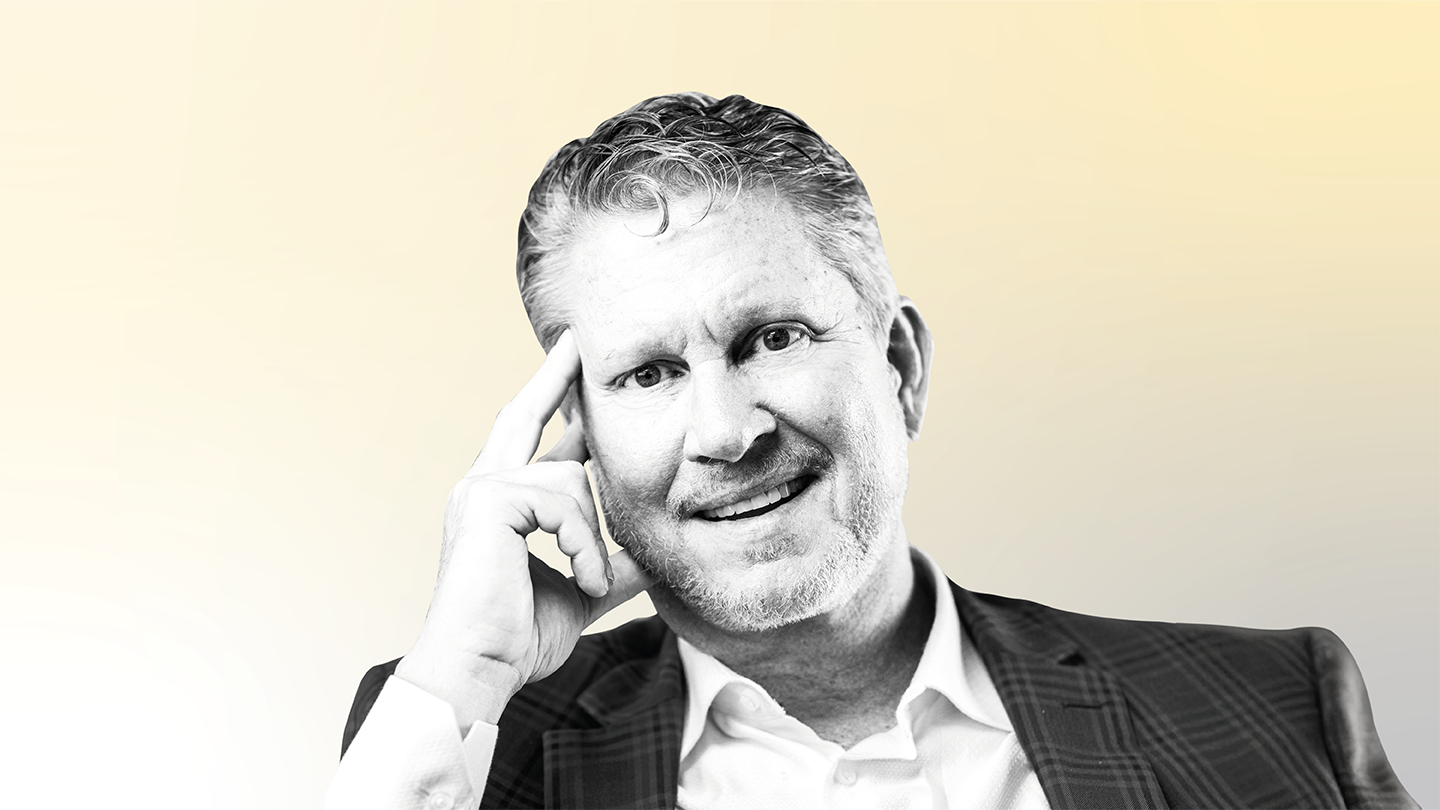
Five years ago, our world – especially our healthcare world – was living through unprecedented uncertainty as we waded through the COVID-19 pandemic. Now, in 2025, that once-uncertain future feels a little more knowable. We’ve adjusted, adapted, and grown. At the same time, we’ve witnessed a troubling transformation: a deepening mistrust of healthcare among patients.
Patient mistrust is nothing new. A healthy dose of skepticism is essential to science – it’s how we challenge assumptions, drive research, and ultimately improve care. But what we’re seeing now is going beyond that, and, across the US and Europe, public trust in medicine is declining at an alarming rate. And that should concern all of us.
While the laboratory is where diagnostics meet data, and evidence-based decisions begin, it is also a powerful platform for truth. To restore trust in healthcare, we can no longer afford to stay in the background. We need to step forward and bring confidence back into every conversation we have. If not us, then who?
We're seeing the consequences of misinformation and distrust play out in real time. Measles, once eradicated in the US, is coming back. Nearly 200 cases have been reported in Texas, with others in New Mexico. Most involve unvaccinated individuals. Vaccine hesitancy, fueled by falsehoods, is literally reversing decades of public health progress. The damage is real – and growing.
We learned a lot from the pandemic, and the cracks in public health communication brought healthcare inequity into sharp focus. Rural areas, marginalized populations, and communities of color bore the brunt of a system that wasn’t built with them in mind. It bears remembering that we must do our part to educate and inform; that healthcare is not just a service – it’s a human right. And with that right comes responsibility: to lead with courage, to stand for equity, and to speak up even when it's uncomfortable.
When patients trust their providers, outcomes improve. When trust erodes, patients suffer. Restoring confidence and achieving health equity are intertwined goals. They require the same tools: leadership with courage, a commitment to doing what’s right even when it’s not popular, and relentless forward motion.
If we don’t step up now, we risk being caught unprepared for the next public health crisis. If misinformation continues to flourish unchecked, the next crisis could be even more catastrophic.
So what can we do? We must speak up. We must be visible.
We might not traditionally be the “faces” of patient care, but we are at its foundation. It’s time we owned that position. Every test we run, every result we report, every data point we explain is a chance to restore trust. We must do so with transparency, with empathy, and with a commitment to education.
It starts in our hospitals and labs, but it can’t end there. We need to get involved in community outreach, in school programs, on social media. We need to support policy that upholds truth and rejects politicized science. We need to show patients – especially those who feel left behind – that we are here for them, that they matter, and that we are trustworthy.
As medical professionals, we are sworn to do no harm. But remaining silent in the face of distrust is its own kind of harm. It erodes our ability to care, to heal, and to protect.
Let’s put confidence back in the conversation. Let’s lead not just in science, but in truth. Whether you’re just starting your career or nearing retirement, this is our collective responsibility.
We are the stewards of evidence-based care. The time to step up is NOW.




